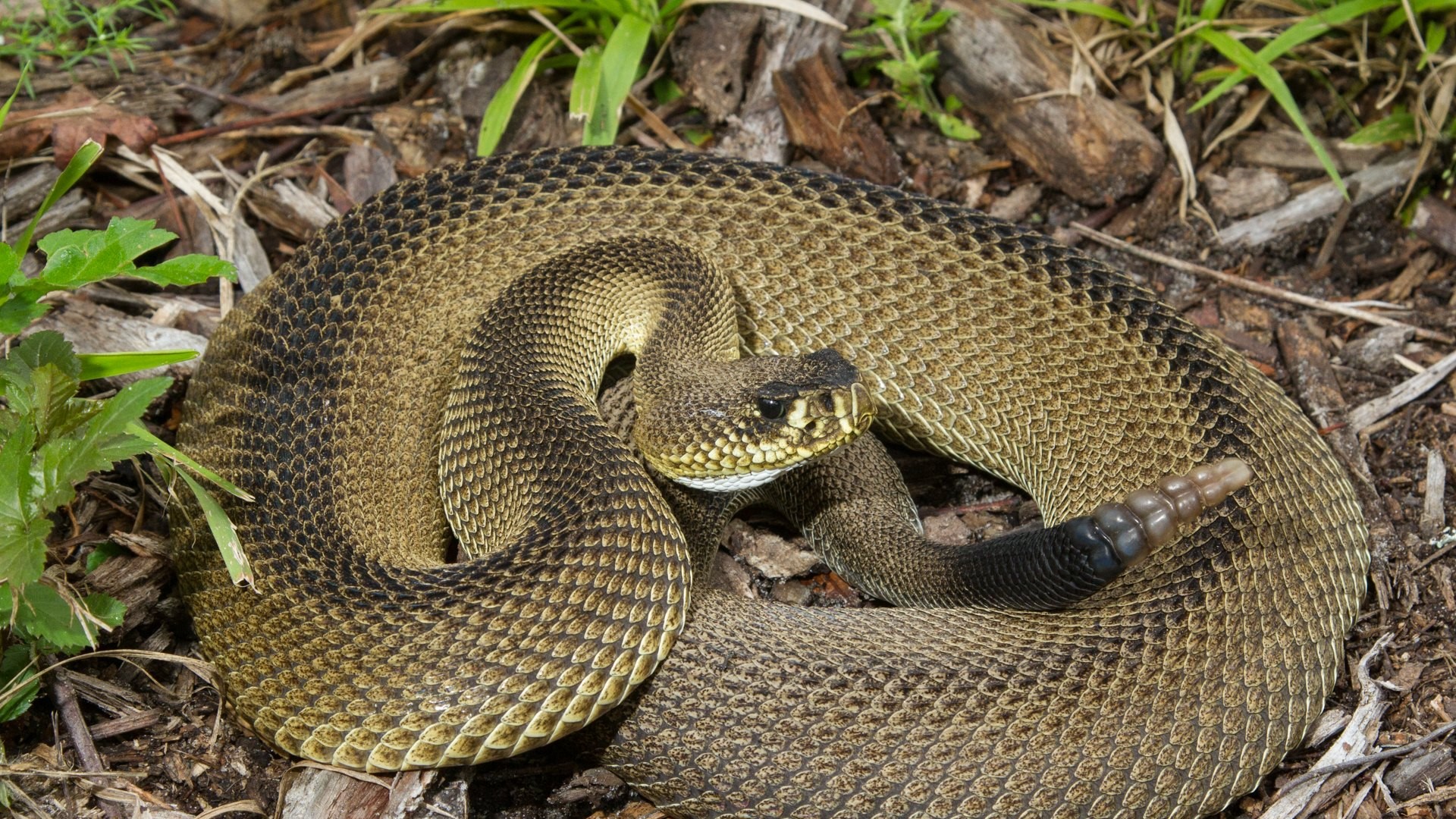JACKSONVILLE, Fla. — Calls about an unexpected visit from snakes are at a yearly high for the Florida Poison Control Center in Jacksonville.
“I had already gotten two different phone calls about snake bites,” Medical Toxicologist Sonya Rashid told First Coast News.
April is the beginning of peak snake bite season in Florida, and if you encounter one, Rashid says to simply leave the snake alone.
“People are gardening, doing recreational activities, it's never a purposeful event," Rashid said. "It always happens when they are going through their regular life."
The encounter is not only a surprise to people, but to snakes, too.
“Snakes never just attack," said Rashid. "It's when they are trying to defend themselves."
Whether they're poisonous or not, a bite can lead to pain, swelling and sometimes put a person into shock. And if you do happen to get bitten, Rashid said: "It's really important that you don't put a tourniquet or ice on the bite. That can actually cause worse outcomes for the potential extremity or has been bitten.”
Rashid adds that you should not attempt to suck out the venom or continue engaging with the snake if bitten.
“A lot of snakes look similar to one another and it's always just best to just go to the emergency room,” Rashid added.
Last year, the Florida Poison Control Center in Jacksonville reported receiving more than 300 snake-related calls.
Rashid says while there's nothing to eliminate from encountering a snake in its natural habitat, she advises people to look out for ideal snake locations.
“Being more aware when you're walking, that potentially there may be a snake,” Rashid said.
Whether it's in the garden or along a walking path, Rashid advises everyone to be mindful when in areas with high grass or rocks to avoid painful snake bites, where snakes can hide in crevices.

